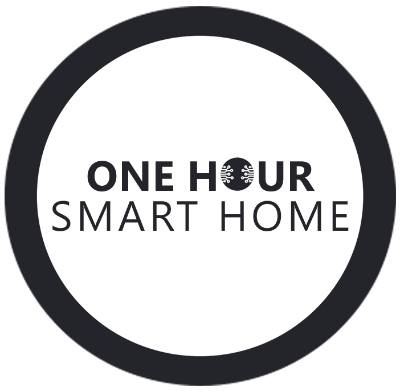Are Smart Homes Hackable?
/Yes, anything is hackable your phone, your laptop, your car or even your smart home. But guess what? Your home without any "smart" features has been hackable for years and no where near as safe as a smart home.
Why do I say this? Well if your primary concern in adopting a smart home is with security of your home your worries, and concerns are entirely misplaced and in fact a smart home is much safer than a "non smart" home.
For answering this question we will assume that hacking a home is gaining access illegally or without authorization.
All homes regardless if they are smart or dumb that aren't built to the specs of a military base are hackable. A house could be "hacked" with a brick through a window to gain access. In the case of a smart home a least it would let you know that you your home has been breached. A traditional lock can be "hacked" in a matter of seconds with the right tools available at just about any hardware store. At least with a smart home you would be notified that your home is being tampered with.
The majority of smart home devices don't work on common WiFi networks which provides the first layer of security. The second layer of security is that the people with domain expertise programming smart homes are incredibly smart themselves and with the internet of things can make far more money developing smart home devices legally than they could ever make hacking into your smart home. Google itself has stated that they paid outrageous multiples for two home automation startups Nest & Revolv because they the pool of talent in home automation development is so small they had nowhere else to source the talent from.
The probability of a smart home hack on a Z-Wave or Zigbee house is incredibly small and the tools and knowledge to do it are far more advanced than the tools of the average thief that has plagued society for years. However if a smart home hack were to happen all that you would need to do is unplug your router.
Below is a case study supported with data from the FBI explaining just how much more likely you are to be a victim of crime because you didn't lock your door. At least a smart home will keep your door locked when you forget.







